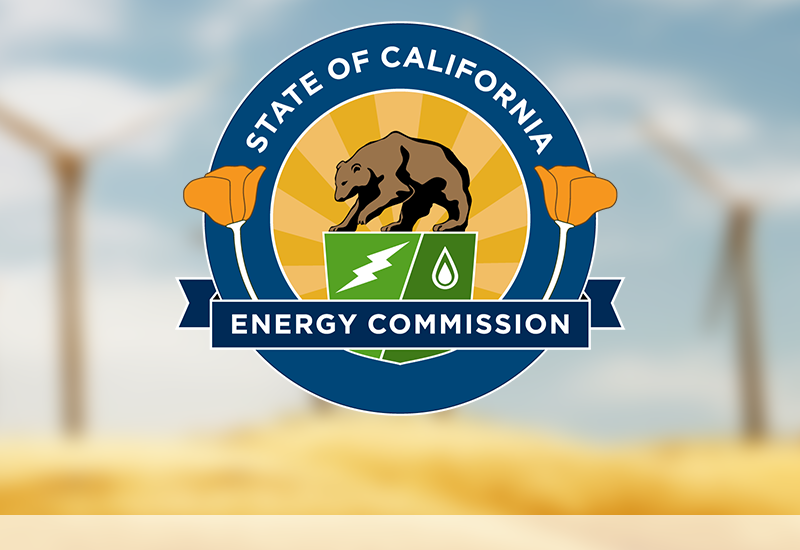on the crypto

The project
Under a plan announced on Friday, demo digital tokens will be provided to participating companies that will reduce their carbon footprint by fueling the use and sharing of electric vans, said Eduardo Javier Muñoz, CEO of EVShare, a startup that is currently involved in the pilot project carried out in collaboration with the electric vehicle company Green Commuter (EVShare is not a contractor of the Commission and the pilot project is led by the non-profit Energy Coalition for smart energy).
If the project goes into production, the credits can be used to pay for electricity consumption and other services in the future. Transactions related to mobility are recorded on the RSK blockchain, a platform oriented towards smart contracts similar to Ethereum but which works on the network to buy Bitcoins. Transactions sent to a microgrid, a system separate from the city's electricity grid, are instead recorded by Community Electricity on the Energy Web Foundation blockchain.
A $ 20 million initiative
The project is part of a $ 20 million initiative that will track data on solar panels, energy reserves, electric vehicles and charging infrastructure in Bassett, an independent community in Los Angeles County.
The $ 9 million grant previously disclosed by the Commission will cover nearly half of the costs; Google, the University of California at Los Angeles and other institutions are hedging the remaining $ 11 million, according to EVShare.
The project aims to digitize carbon credit reporting, creating an opportunity for companies to redeem credits and make electric vanpool cheaper for Bassett residents, Muñoz said.
It is rare for corporate blockchain projects to use verifiable and open public networks instead of a private ledger limited to authorized participants. Even rarer are the business experiments related to Bitcoin; Ethereum has been the platform of choice for most companies venturing into open network territory.
Green mind
Bassett's initiative is also the latest attempt to simplify business processes for carbon credits using the blockchain. In July, the InterWork Alliance announced that it was working on blockchain tools that solve the problem of non-uniqueness of carbon credits.
The RSK blockchain will also record transactions between vehicles and solar panels, batteries and chargers. Phase 1 of the pilot project included research and development, business collaboration and participation with the Bassett community.
Phase 2, which the companies announced on Friday, will connect 50 homes to the solar grid within two years, Muñoz said. EVShare aims for an intervention in 1.000 cities to move to a sustainable sharing economy in the next decade.
The company plans to connect home solar power systems with shared electric vans operated by Green Commuter. The excess energy can be sold to a microgrid or used by households.
